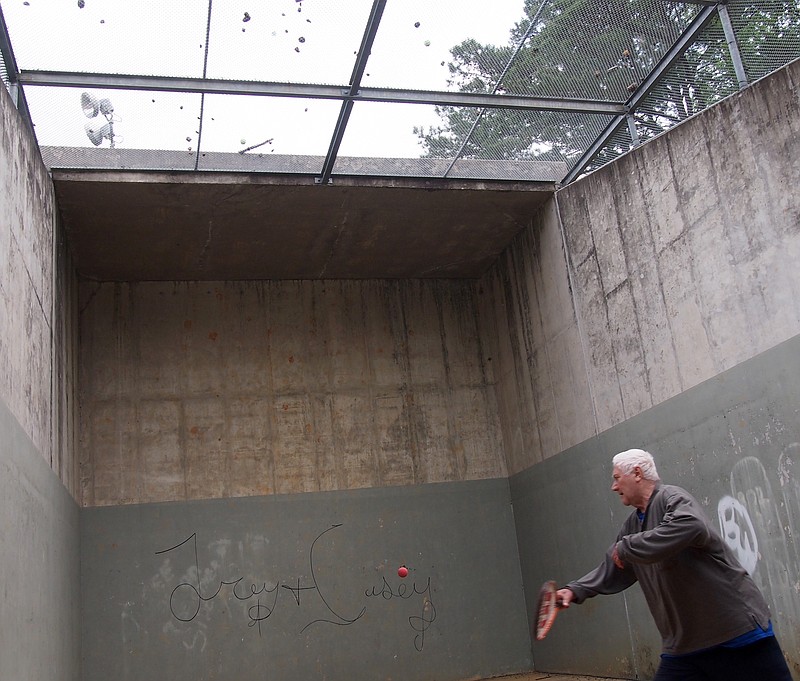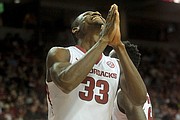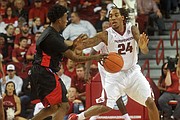How Wiesner got here
At 14 in Vienna, Austria, Gerhard Wiesner chose vocational school rather than further academic study. He would become an electrician. But there was a catch. "It would take two years to learn the skill, become a member of the union and have the benefits," Wiesner said. "So the employers would hire those of us in school as trainees instead of union members. That labor was cheaper. "So after my training, I became unemployed." One day he saw an advertisement for electricians wanted in Canada, Australia and other countries. "The companies would even lend you the money for the trip fare and getting started. So I came to Canada." After several years of work and serving in the military in order to have health insurance, Wiesner married Elfride Jaynes, who had a sister, Elizabeth Jaynes, living in Atlanta. The Wiesners came, liked the area, and have been here more than 40 years now. -Neil AbelesGerhard Wiesner needs a wall. He also needs a partner to play handball with. But the wall would always be there.
Wiesner is 83 now, and hardly anyone else for handball is available. He's also had a heart operation and has fragile knees.
Lately, he's discovered a wall. A real one. It's the concrete monolith in Linden at the Crow-Heath Park that is an enclosed racquetball court.
This mystery building has both inside and outside walls. The outside wall makes up part of the tennis court.
But what's on the inside few know, because the huge slab building is mysterious and a bit scary. It's abandoned. One cannot tell from the outside what the inside is like.
But Wiesner goes anyway, because being from Atlanta, he has no wall to hit against there either, abandoned or adoptable. Atlanta is wall-less as far as having an expanse for a handball, racquetball or tennis player to practice against.
Thus, he has no opponent to return the ball he hits away with either the palm of the left or right hand. This was something he did passionately in his younger days. These days he uses a racket, but hand or racket, the concept of an enclosed space with walls to hit against is the nature of the game.
Wiesner looked and made do. It's his nature. He's a native of Vienna, Austria, who came first to Canada and then the United States as a young electrician. He's outspoken, not one to hold back.
Some years ago when the court was built, Wiesner helped install the electric lights and other power equipment. He's repaired and upgraded the interior since then. In the early days, several locals played racquetball. Wiesner remembers Donnie Dowd, Gary Clayton and Russell Green.
But now the structure is not used. Nevertheless, Wiesner's been busy.
"I'm going to get a shovel. Dig a ditch to take the water away that brings the sand in. Make the lights work. Install a timer. See if the video camera still works," Wiesner said.
"It's awful hard for a small town to afford park upkeep," a Linden citizen said. And the truth is, no one plays handball or racquetball any longer.
Wiesner will keep on, however. He's very punctual. Keeps score. Wants to know who wins because, one gets the impression, in younger days, he might have pretty often been the winner.
"Let's play!" Wiesner likes to say.
And the Linden park concrete wall?
"A pretty tough competitor," Wiesner agrees.



